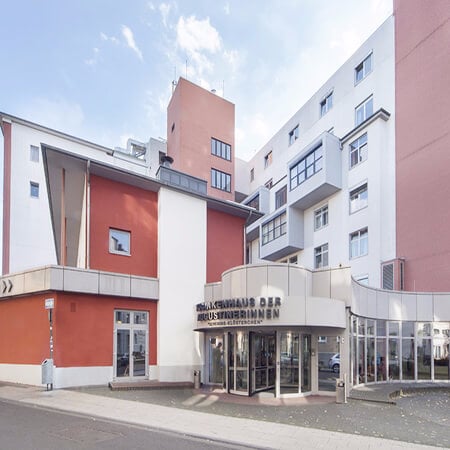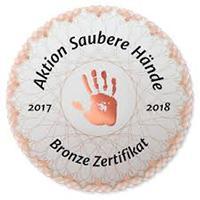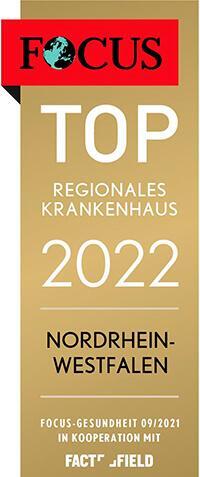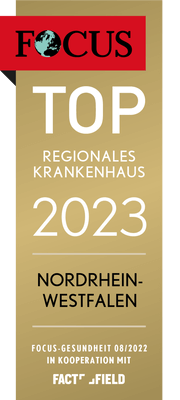Pulmonary fibrosis is a pathological condition in which lung tissue is replaced with scars. The disease is divided into four types depending on its origin: idiopathic (of unknown origin); pulmonary fibrosis associated with known causes; granulomatous (due to sarcoidosis or hypersensitivity pneumonitis) and other, mostly very rare, types. In recent years, doctors have often dealt with pulmonary fibrosis that developed after COVID-19.
In Germany, more than 100,000 people suffer from pulmonary fibrosis. The specialists at German hospitals have successful experience in treating this disease. They use new drugs that improve the quality of life and stop the progression of the pathology. If the cause of fibrosis is known, the underlying disease is treated.
Content
- Non-drug therapy
- Drug therapy
- Lung transplant
If the cause of pulmonary fibrosis is known, the underlying disease is treated. Fibrotic processes in the lungs are stopped with the help of antifibrotics. Oxygen therapy and pulmonary rehabilitation are used to improve the quality of life. The disease can be completely cured only with the help of a lung transplant.
You can undergo your treatment at one of the following hospitals: University Hospital RWTH Aachen, Academic Hospital Augustinerinnen Cologne, or University Hospital Heidelberg.
You are welcome to make your treatment appointment through the Booking Health service, and we will arrange your trip. We will select a clinic and a treatment method for you, help you apply for a visa, buy airline tickets and book accommodation, provide you with interpreting services and medical insurance, and help you to reduce treatment costs. You can contact Booking Health for any questions related to treatment in Germany.
Non-drug therapy
Non-drug therapy helps doctors to control the symptoms of the disease and improves the quality of life of patients.
Long-term oxygen therapy is the most commonly used and most effective non-drug therapy option. It relieves symptoms and eliminates oxygen starvation of organs and tissues. The use of oxygen improves the quality of life and exercise tolerance.
Breathing exercises are performed from the very first days of the disease. They do not increase the volume of the lungs, but train a patient to use the remaining volume more efficiently so that they suffer less from shortness of breath.
Pulmonary rehabilitation is an interdisciplinary program that aims to relieve symptoms and improve work capacity. It includes physical training, nutritional status correction, educational activities, and psychocorrection. The program consists of an intensive phase lasting from 6 to 10 weeks, followed by a maintenance phase.
Drug therapy
In the past, immunomodulatory and antioxidant drugs were often used to treat pulmonary fibrosis. However, the recent PANTHER study showed that they do not make any sense due to their dubious effects.
The current treatment of choice for idiopathic pulmonary fibrosis is antifibrotic therapy. In accordance with current German guidelines, they are prescribed immediately after diagnosis.
Synthetic drugs that belong to the group of tyrosine kinase inhibitors have been studied in three randomized and controlled trials. The Phase III INPULSIS trial has been completed with more than a thousand patients. They received the drug or placebo for 52 weeks (about 1 year). Although the drug did not significantly affect the quality of their lives, it reduced the rate of disease progression by half.
Synthetic drugs that belong to the group of immunosuppressants and have an antifibrotic effect have been studied in four phase III trials. A pooled review of the CAPACITY and ASCEND trials showed that the drug was even more effective in slowing the progression of the disease. For the year, the difference in the vital capacity of the lungs of patients who received the drug or placebo was almost 150 ml. The survival rate of patients, the time to progression of the disease, walking distance, and shortness of breath also decreased.
To treat pulmonary fibrosis of allergic origin, it is necessary to detect the allergen and eliminate contact with it. Immunosuppressants and steroids are used to reduce the severity of the inflammatory response. Antifibrotic drugs may also be used.
Pulmonary fibrosis, which developed due to an autoimmune systemic disease, is treated with glucocorticoids and immunosuppressants. It is important to bring the underlying disease into remission. Doctors in Germany use interleukin-6 receptor antagonists for systemic scleroderma, and biological drugs can be prescribed in the case of rheumatoid arthritis.
Some specialized centers offer stem cell therapy. So far, this method is considered experimental. Its effectiveness remains to be proven in clinical trials. Patients who do not get enough effects from other treatment methods can take part in them.
Lung transplant
The disease can be cured once and for all with the help of a lung transplant. Pulmonary fibrosis is the second most common cause of transplantation after emphysema. After this operation, the five-year survival rate of patients is 56%, but it tends to increase. A lung transplant for fibrosis is more successful than for most other diseases.
You can undergo your diagnostics and treatment of pulmonary fibrosis in Germany to obtain the best results. Doctors in this country use modern drugs and techniques. You can find prices and book your treatment at a favorable cost on the Booking Health website. We will select clinics in Germany for you and take care of the arrangements for your trip.
Authors:
The article was edited by medical experts, board-certified doctors Dr. Nadezhda Ivanisova and Dr. Sergey Pashchenko. For the treatment of the conditions referred to in the article, you must consult a doctor; the information in the article is not intended for self-medication!
Sources:
National Center for Biotechnology
Verywell Health
The Lancet



















